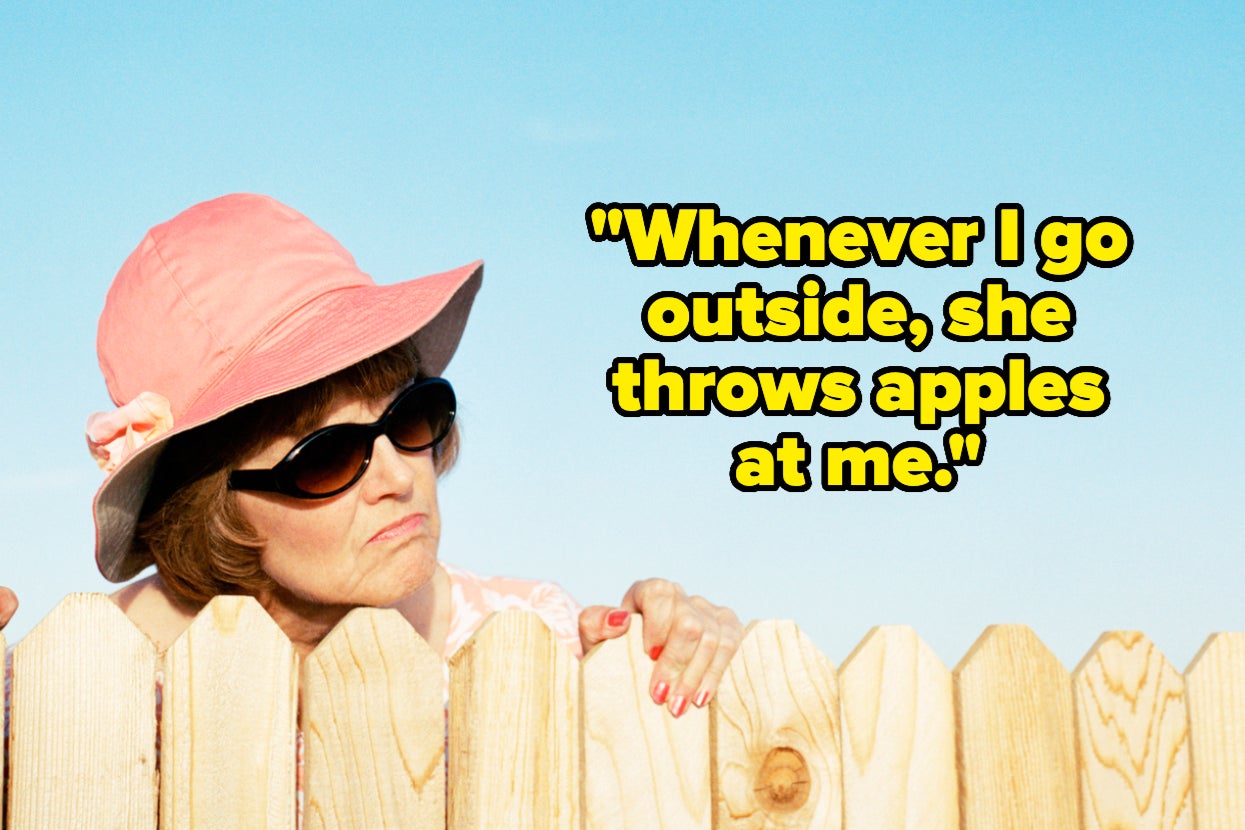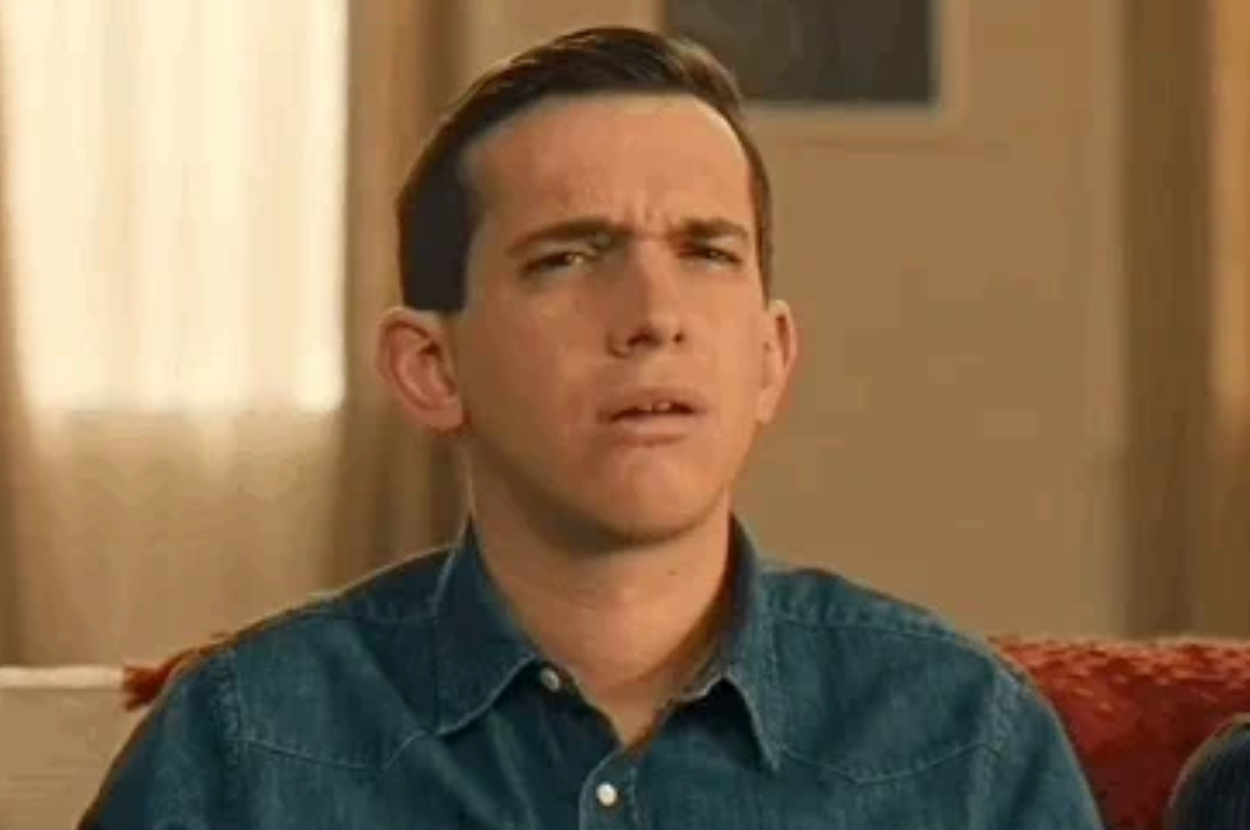Nifty
Shockingly, We're Still Keeping Track Of Our Contacts The Same Way People Did In Medieval Times
Nowadays, everyone has a phone full of contacts with people labeled in all sorts of ways, ranging from things like “Gary Maintenance” to “McKayla Neighbor” to “Tim Fantasy Football League.”
Though they may feel random and unorganized, Adam Aleksic, a 23-year-old linguist and content creator from New York City, shared this video explaining that this is actually the same way people have been classifying their relationships with others for thousands of years. In fact, Western surnames were created in the exact way we organize our contact lists.
Aleksic starts his video by explaining that before the 12th century, everyone just went by their first name. However, once the population in England started to expand, they needed to do more record-keeping.
Selimaksan / Getty Images
Aleksic shares that four different types of surnames were created: occupational, toponymic, adjectival, and relationship descriptor.
In the first type, occupational surnames, he gives an example of storing someone in your phone under what they do for a living, as in “AJ Plumber” or “Leo Finance.”
@etymologynerd / Via instagram.com
This is the way someone would have been given the last name Smith if they were a blacksmith.
Next up are the toponymic surnames, which are associated with the place a person is from or where you met them. For example, Aleksic uses “Joanna Math Class” or “Raina Minnesota.”
@etymologynerd / Via instagram.com
This is similar to how someone would end up with the last name Bush if their family lived in a bushy area.
Third are the adjectival surnames, referring to a characteristic or behavior. Examples of this are contacts like “Dylan DO NOT ANSWER” and “Steph (stoner).”
@etymologynerd / Via instagram.com
This is how someone who moved quickly would end up with the last name Swift.
Lastly, he describes the relationship descriptor names, which represent a person in terms of their connection to another known person.
@etymologynerd / Via instagram.com
This is how someone known as the son of John would get the last name Johnson, or the son of Richard would get the last name Richardson.
Aleksic closes by saying that our phone contact cards are more explicitly about that person’s relationship to us. When we use a contact like “Ina Bestie” or “Sam Tinder,” those are about our connection with that person. We’re all just reinventing this old process in a completely new way.
BuzzFeed reached out to Aleksic to talk more about his passion for etymology. He said, “I started making these videos when I realized nobody else was making content about linguistics, and I wanted to see more videos like this out there. (I also love the fun facts.)”
Aleksic told BuzzFeed, “A common theme in my research and videos is that we’re constantly playing out old linguistic patterns in a new medium. I find that comforting because it means you don’t have to be alarmed by language change. Rather, you can be aware of how language holds power and then use it wisely.”
Gorodenkoff / Getty Images


